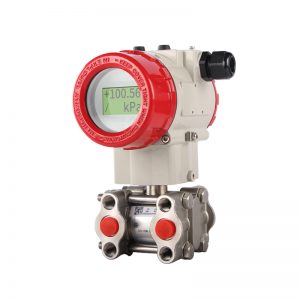Choosing the Best Electromagnetic Flowmeter for Sewage Applications
Electromagnetic flowmeters are essential tools for managing wastewater. They provide accurate flow measurements even in harsh conditions. One key advantage is their lack of moving parts, which makes them ideal for dirty water. This guide will help you understand how these devices work, the types available, and how to choose the right one for your needs.
How Sewage EMFs Work
Let’s start with the basics. Electromagnetic flowmeters work based on a simple principle. When conductive liquid flows through a magnetic field, it generates a small electric voltage. This voltage directly relates to the liquid’s speed. There are two main types of these meters:
- DC EMFs: These use steady magnetic fields to ensure stable readings.
- Induction-type EMFs: Designed for tough conditions like hot liquids or chemical exposure.
Types of Sewage EMFs
2.1
Remote-Type EMFs
These meters are perfect for large systems. For example:
- They connect easily to control systems via CAN bus (a standard communication protocol).
- Show real-time data on-site and send signals to other devices.
- Work well with mixtures of liquids and solids, like sludge.
2.2
Integral-Type EMFs
These are simpler to install. Here’s why:
- Compact design for easy setup in tight spaces.
- Work with automated systems in real time.
- Available for pipes from 1.5 inches up to 30 feet in diameter.
Selection Criteria
3.1
Diameter & Flow Range
Start by considering the flow speed. Here are the guidelines:
- Normal speed: 2–4 meters per second.
- For gritty water: Keep speed below 3 m/s to avoid wear.
- Thick liquids: Use speeds under 2 m/s to prevent blockages.
- Choose a meter that can handle peak flow rates.
3.2
Lining Material Selection
The material must match your water type. Here are your options:
- Soft Rubber:
Best for normal wastewater.
- Hard Rubber:
Resists strong acids and bases.
- Polyurethane:
Ideal for abrasive materials like coal slurry.
- PTFE:
Safe for extreme chemicals.
Recommended Manufacturer

Hangzhou Asmik is a trusted choice. Here’s why:
- High-quality German engineering.
- Used in major projects across China.
- 24-hour technical support available.
Conclusion
To choose the right EMF, focus on these three key factors:
- Match the pipe size and expected flow speed.
- Select the right material for your water type.
- Choose a supplier with proven reliability and local support.

